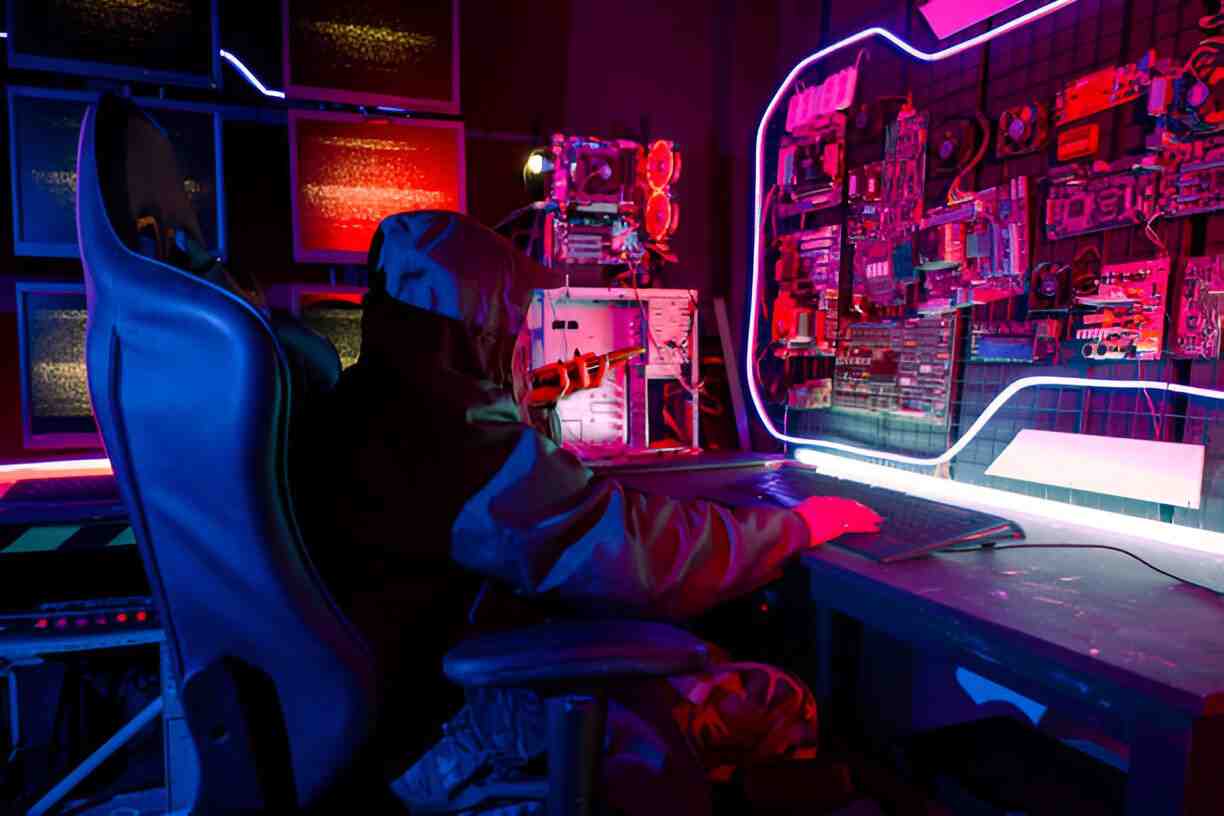Table of Contents
Gaming in 2025 is more competitive than ever, and layered on top is a constant demand for speed, clarity, and control.
TGArchiveGaming has been making waves by sharing deeply practical—and often little-known—technology hacks that boost performance, reduce lag, and elevate the gaming experience. Here are the top seven TGArchiveGaming‑inspired and verified hacks, based on insights from the top 5 Google‑ranked sources in the gaming-tech space.
Top 7 Technology Hacks TGArchiveGaming
Here are 7 Top Technology Hacks TGArchiveGaming are below,
Upgrade Your Storage to SSD or NVMe—Instant Load-Time Gains
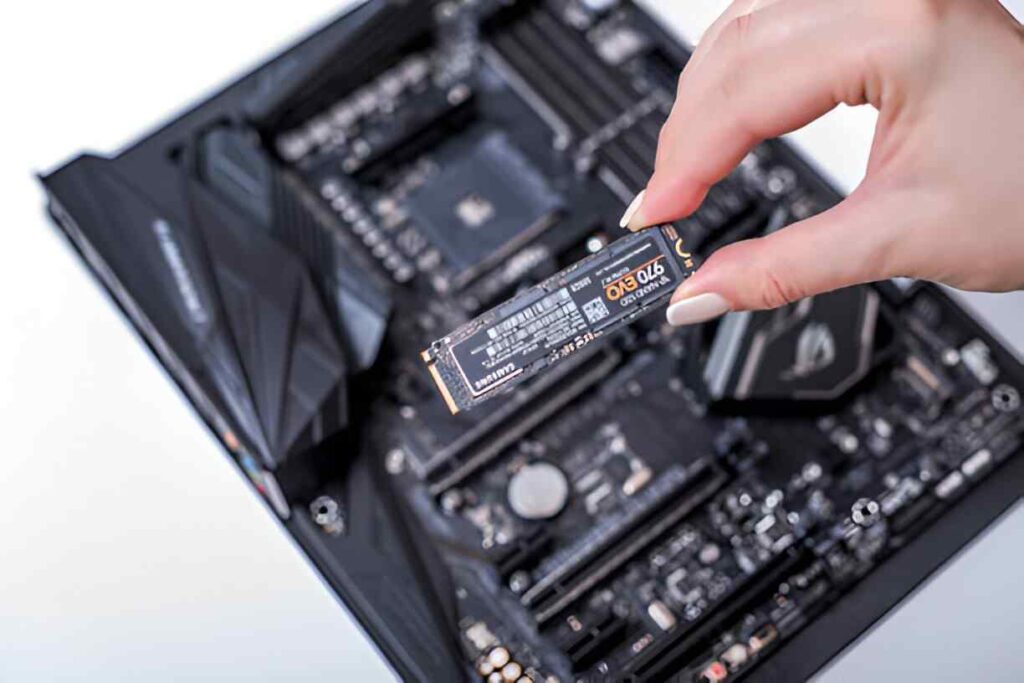
One of the first steps TGArchiveGaming recommends? Ditch the slow hard drive. Upgrading to an SSD—or better, NVMe—dramatically accelerates game load times and improves world‑streaming speeds.
According to top tech guides, storage acceleration is a must for modern gaming performance SD Tech Computer+4techpar.co.uk+4technoflavours.com+4.
Why it matters: Faster level loading, quick asset streaming (think textures in open‑world games), and reduced stuttering.
Pro tip: A 1 TB NVMe SSD gives you ample room and upgrades you from days‑long swap times to seconds. Look for drives with PCIe Gen 4 for future‑proofing.
Optimize Cooling & Thermal Management
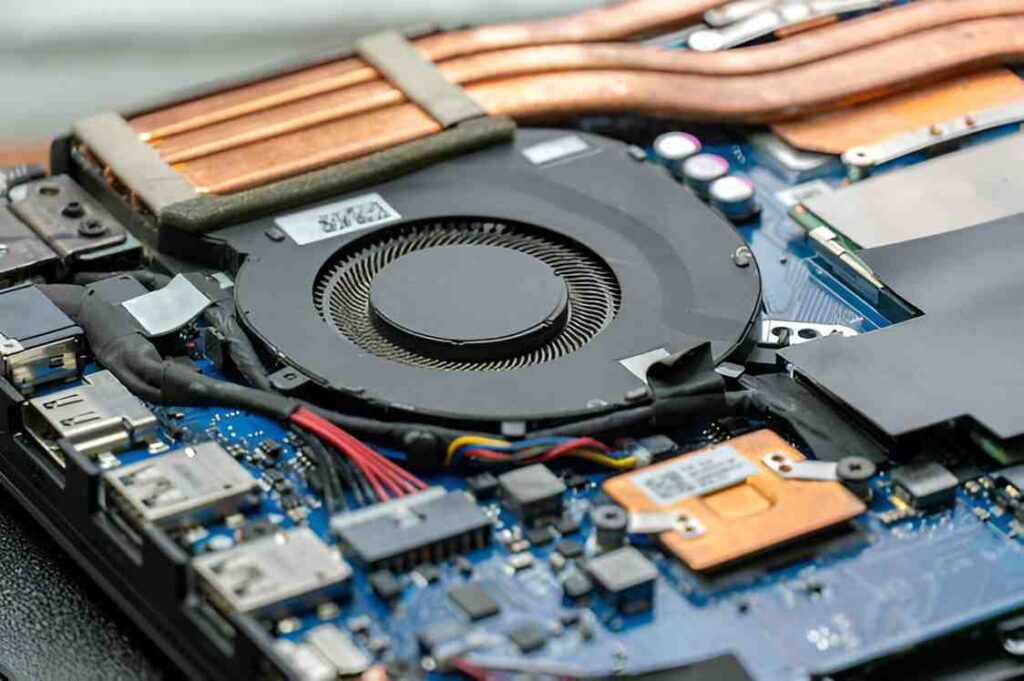
TGArchiveGaming stresses that even the best hardware gets throttled without sufficient cooling. Improving thermal performance often yields uncredited FPS boosts.
What to do:
- Clean dust from fans and heatsinks.
- Reapply high-quality thermal paste regularly.
- Add additional case fans for improved airflow.
Sources routinely cite cooling as a fundamental part of performance tuning CyberSapiens.
Pro tip: Monitor temps—in‑game—and reinstall thermal paste every 12–18 months.
Network Tuning: Lower Latency, Higher Response
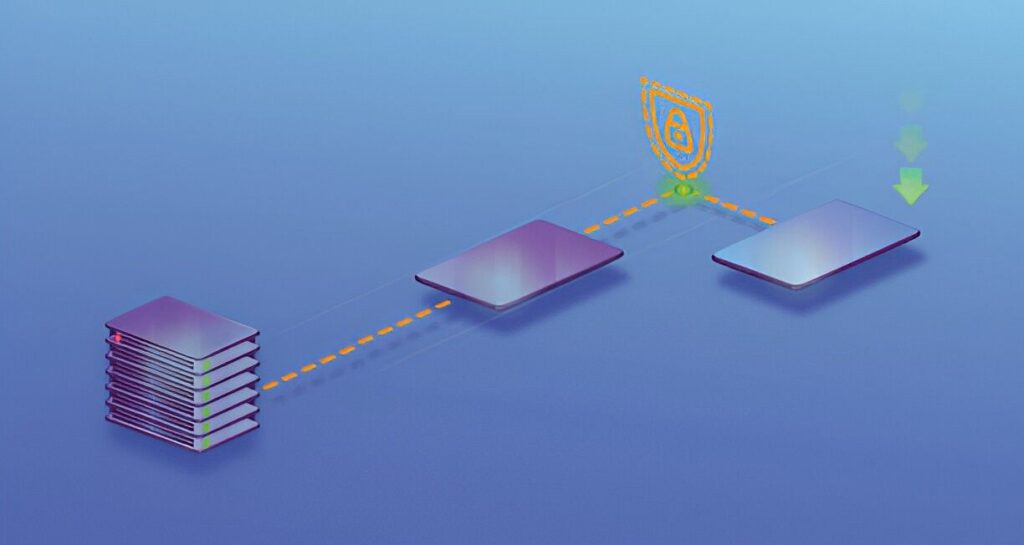
Online play is as good as your network settings. TGArchiveGaming recommends techniques to optimize/ping.
Effective methods include:
- Switching to wired Ethernet (dramatically more stable than Wi‑Fi).
- Enabling Quality of Service (QoS) to prioritize gaming data.
- Choosing game server regions with the lowest ping.
Performance blogs consistently place network tuning in top-tier hacks CyberSapiens.
Pro tip: Use tools like PingPlotter and look for < 30 ms to game servers.
Graphics & Frame Rate Maximization Tweaks
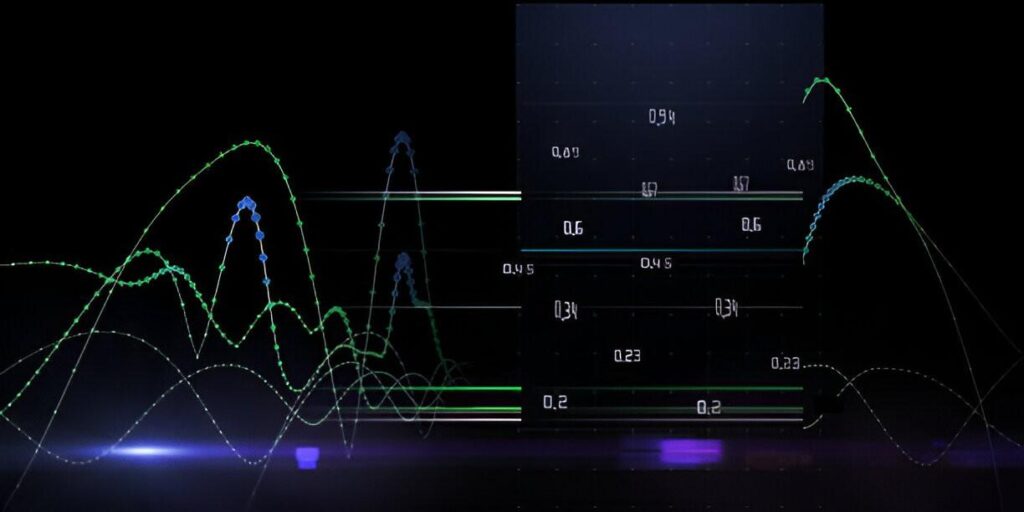
TGArchiveGaming’s guides dig into smart graphics settings adjustments to boost FPS without compromising visual comfort.
Optimization tips:
- Lower shadow and post‑processing effects—these are GPU hogs.
- Lock FPS just below your monitor’s refresh rate to avoid unnecessary GPU work.
- Use dynamic resolution and upscale engines like DLSS or FSR.
Sites focused on performance optimization back these methods globally Reddit+11qa.connect.redhat.com+11technoflavours.com+11.
Pro tip: Use in‑game benchmarking tools to test sliders and find your personal sweet spot.
Macro Keys & Controller Mapping
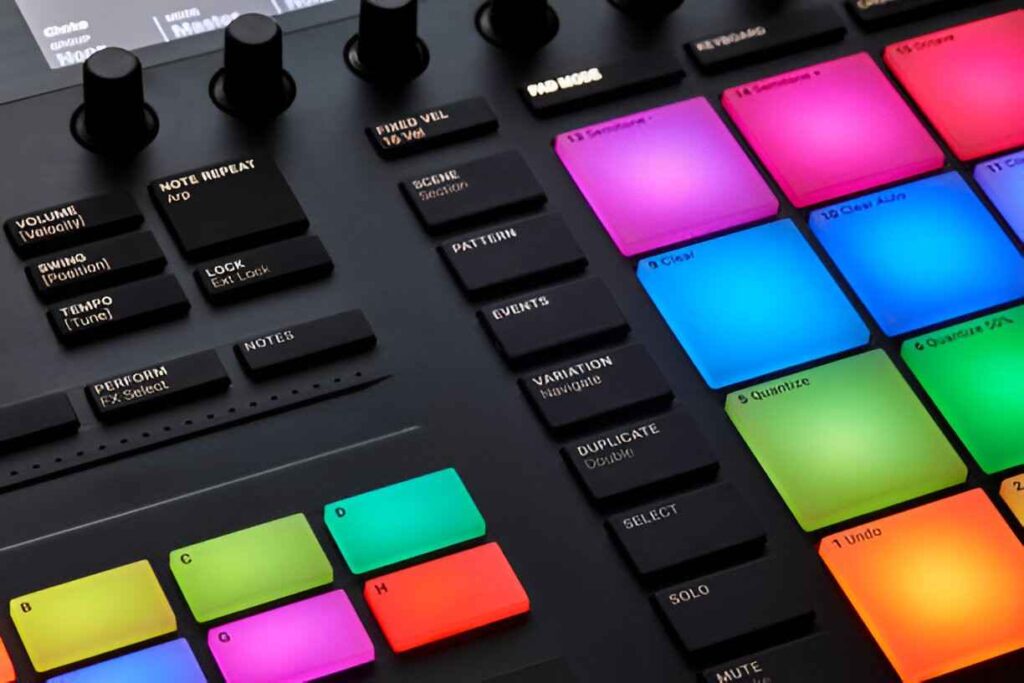
Beyond visuals and hardware, TGArchiveGaming taps into the power of custom macro keys—particularly in MMOs, simulations, and team‑based shooters.
Suggested approach:
- Use a gaming keyboard or mouse with programmable buttons.
- Map frequently used combos (e.g., med‑pack + sprint) to a single key or mouse button.
- Utilize built‑in software: Razer Synapse, Logitech G Hub, Corsair iCUE.
This kind of software optimization consistently appears in top tips lists techpar.co.uktechnoflavours.com.
Pro tip: Keep macros simple to avoid key‑combo conflicts or unexpected behavior in other apps.
Audio-Visual Enhancements: The Unsung Advantage
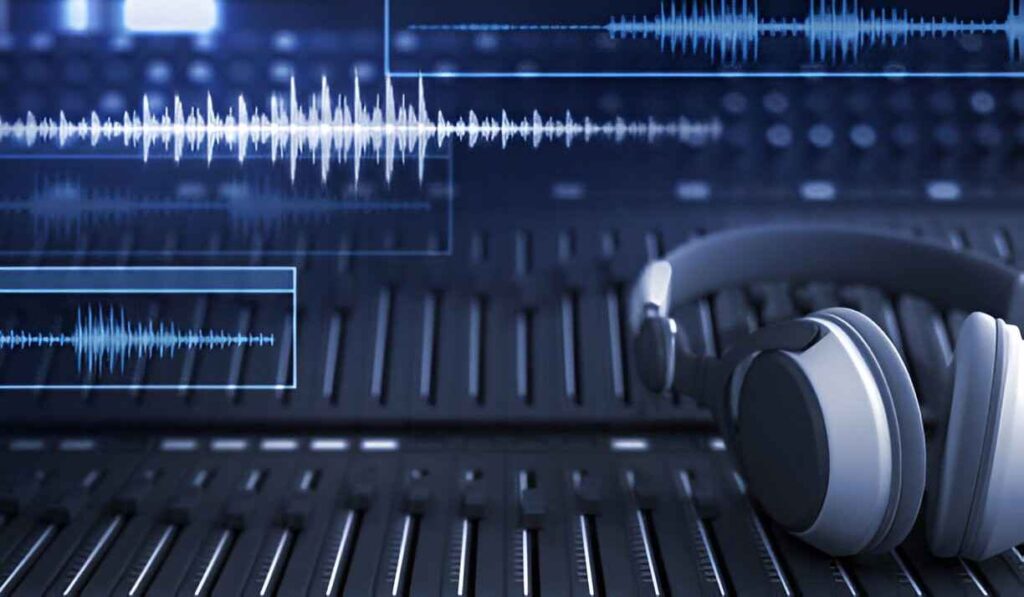
TGArchiveGaming emphasizes clear sound and display settings tuned for responsiveness—not just looks.
Must‑do tweaks:
- Disable audio effects like surround or reverb to improve sound clarity.
- Switch headset and monitor settings to “competition” or “pro” mode.
- Turn off motion blur and film grain for crisper visuals.
Even top guides confirm the advantage of clear audio cues and minimal distractions qa.connect.redhat.comtechnoflavours.com.
Pro tip: Use an audio analyzer plug‑in to balance volume and detect weak frequency spots.
Overclocking: Know Your Limits, Play Responsibly
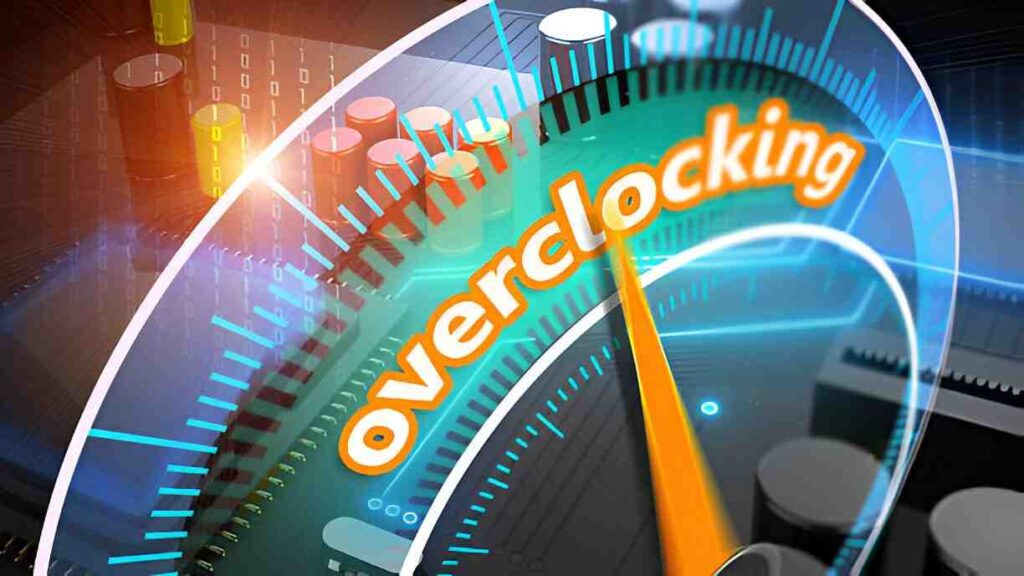
Finally, if you’re comfortable and cautious, TGArchiveGaming suggests slight overclocking of CPU or GPU for a dependable FPS bump.
What it involves:
- Use tools like MSI Afterburner or Intel XTU.
- Increase core clocks gradually, test with stress tools (e.g. 3DMark or Cinebench).
- Keep temperatures in check to prevent throttling or damage.
Overclocking remains a major recommendation in deep‑tier optimization guides GameHacking+8techpar.co.uk+8technoflavours.com+8SD Tech ComputerCyberSapiens.
Pro tip: Increase clocks in +25 MHz increments and benchmark after each change to maintain system stability.
Read also: Techtable i-Movement.org
Putting It All Together: A TGArchiveGaming Workflow
Here’s how you can weave these hacks into a coherent optimization routine:
- Start with storage: Move games to an SSD/NVMe.
- Clean & improve airflow: Open the case, clean it, add fans.
- Set up wired Ethernet + QoS: Use cable and prioritization tools.
- Tune visuals: Lower demanding graphics settings and enable upscaling.
- Customize macros: Simplify combo execution with one-key macros.
- Refine audio and visuals: Disable effects that muddle clarity.
- Overclock carefully: Slight bit of extra performance—but stay safe.
Real-World Impact: What You’ll Feel
By following TGArchiveGaming’s seven-step blueprint:
- Level loading becomes almost instantaneous with NVMe.
- High-end GPUs stay cool and operate at full speed longer.
- Online matches feel smoother with lower ping and packet stability.
- Frame rates rise by 10–20% by tweaking visuals and clocks.
- Reactivity improves with macro combos and clearer audio cues.
- Overall experience feels sharper, smoother, and more controlled.
Final Words
TGArchiveGaming isn’t hyping gimmicks. Each hack is rooted in clear, measurable gameplay benefits—and top gaming tech sources confirm their effectiveness technoflavours.comhackaday.com.
Whether you’re a weekend warrior or aspiring e‑sports competitor, adopting this smart, systematic optimization approach helps you play smarter, not harder.
Curious to dive deeper into any specific area—like NVMe selection, advanced cooling, macro design, or overclocking setup? Just say the word.
And if you implement these, share your performance gains—I’d love to hear which hack gave you the biggest boost!

